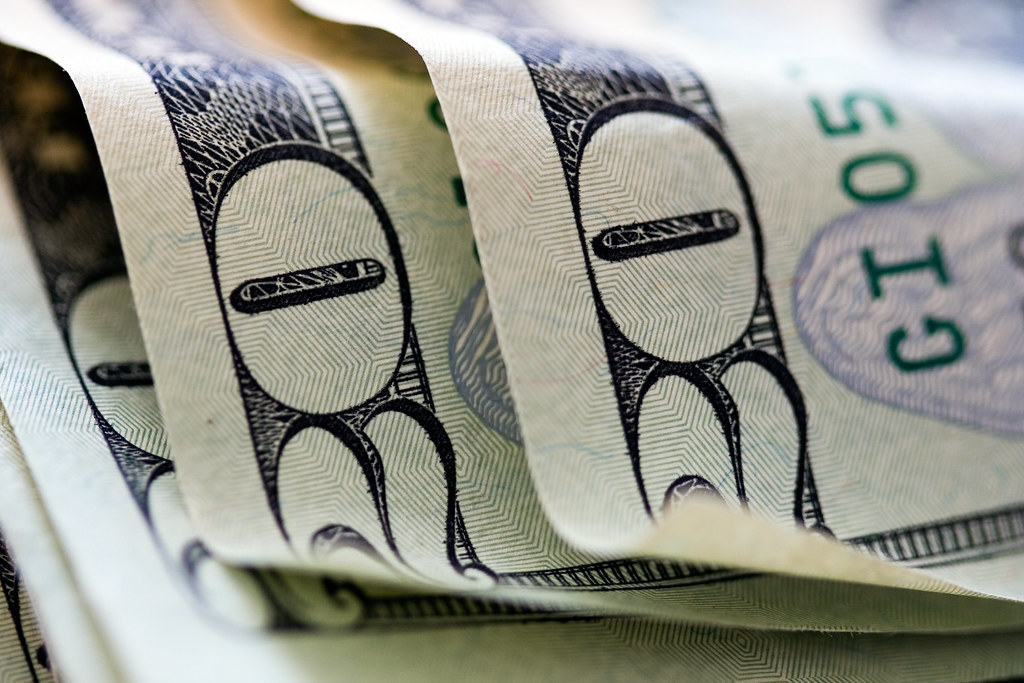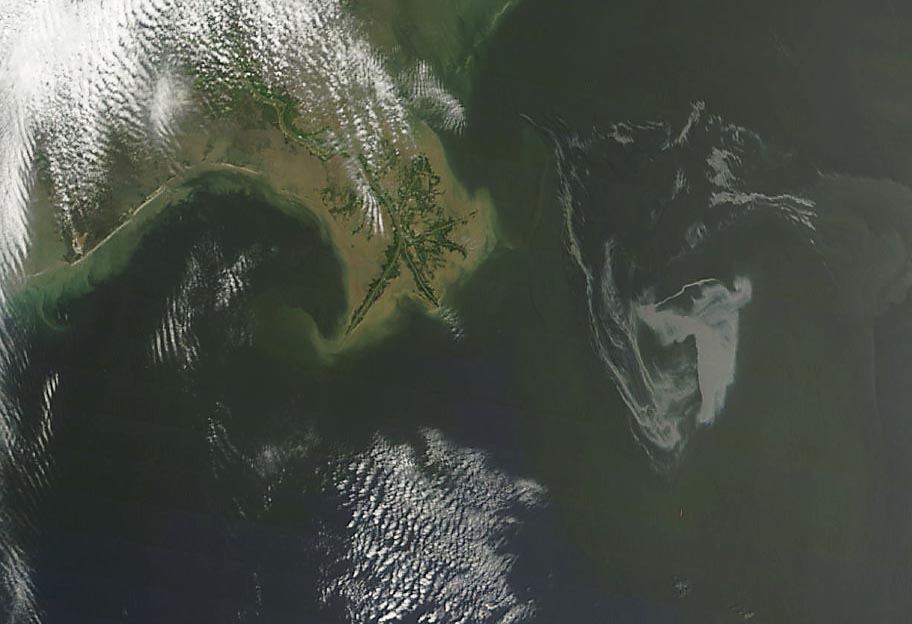
Photo credit Unhindered by Talent
And here is this week’s Green numbers:
-
BP oil spill costs hit $1.6bn | Business
The cost of BP’s clean-up operation in the Gulf of Mexico has now hit $1.6bn (?1.1bn), but the final cost of the huge oil spill remains unquantifiable.
-
Money trumps security in smart-meter rollouts, experts say | InSecurity Complex – CNET News
In a rush to take advantage of U.S. stimulus money, utilities are quickly deploying thousands of smart meters to homes each day–smart meters that experts say could easily be hacked.
-
BP’s White House deal: What the analysts say | Business | guardian.co.uk
City experts believe the agreement hammered out between BP and President Obama should help it to rebuild its relationships in Washington, and protect the company’s future. But with three quarterly dividend payments axed, investors will bear the pain for many months.
-
Sea Shepherd Frees 800 Bluefin from nets – Sea Shepherd
Green activists using helicopters, divers and rotten butter yesterday confronted Libyan and Italian fishermen to release hundreds of threatened bluefin tuna which they strongly suspect were illegally caught off the Libyan coast.
-
Joe Barton: Campaign Finance/Money – Summary – Congressman 2010 | OpenSecrets
Joe Barton – the Congressman who apologised to BP for how they were treated by the Obama Administration received $1.5m in contributions from oil & gas
-
The Man Who Wasn’t There: A Whole Day Of Tony Hayward’s Obfuscating In Four Minutes
BP CEO Tony Hayward is the captain of a foundering ship who just doesn’t know anything about ships. He was not party to any important decisions. He cannot recall important moments. He managed to get through nearly three decades of working in the oil business without actually learning anything about it.
And given the opportunity to prepare for specific questions in advance, what do you think he did? Nothing.
-
U.S. Fossil-Fuel Subsidies Twice That of Renewables (Update2) – Bloomberg.com
Fossil fuels including oil, natural gas and coal received more than twice the level of subsidies that renewable energy sources got from the U.S. government in fiscal 2002 through 2008, the Environmental Law Institute said.
Government spending and tax breaks amounted to $72.5 billion for fossil fuels and $29 billion for renewable energy, according to a report by the institute today.
-
21 Miles Off The Coast of Palestine
Here is a strange echo from history.
It is a documentary made by the BBC in 1973 about the story of the ship, the Exodus.
It was the ship full of Jewish refugees – many of them survivors of the Holocaust – that tried to break the British blockade of Palestine in 1947.
The participants from both sides appear and describe in detail how British soldiers boarded the ship 21 miles off the coast of Palestine killing 3 of the refugees and wounding others.
Posted from Diigo. The rest of my favorite links are here.
You should follow me on twitter here.


